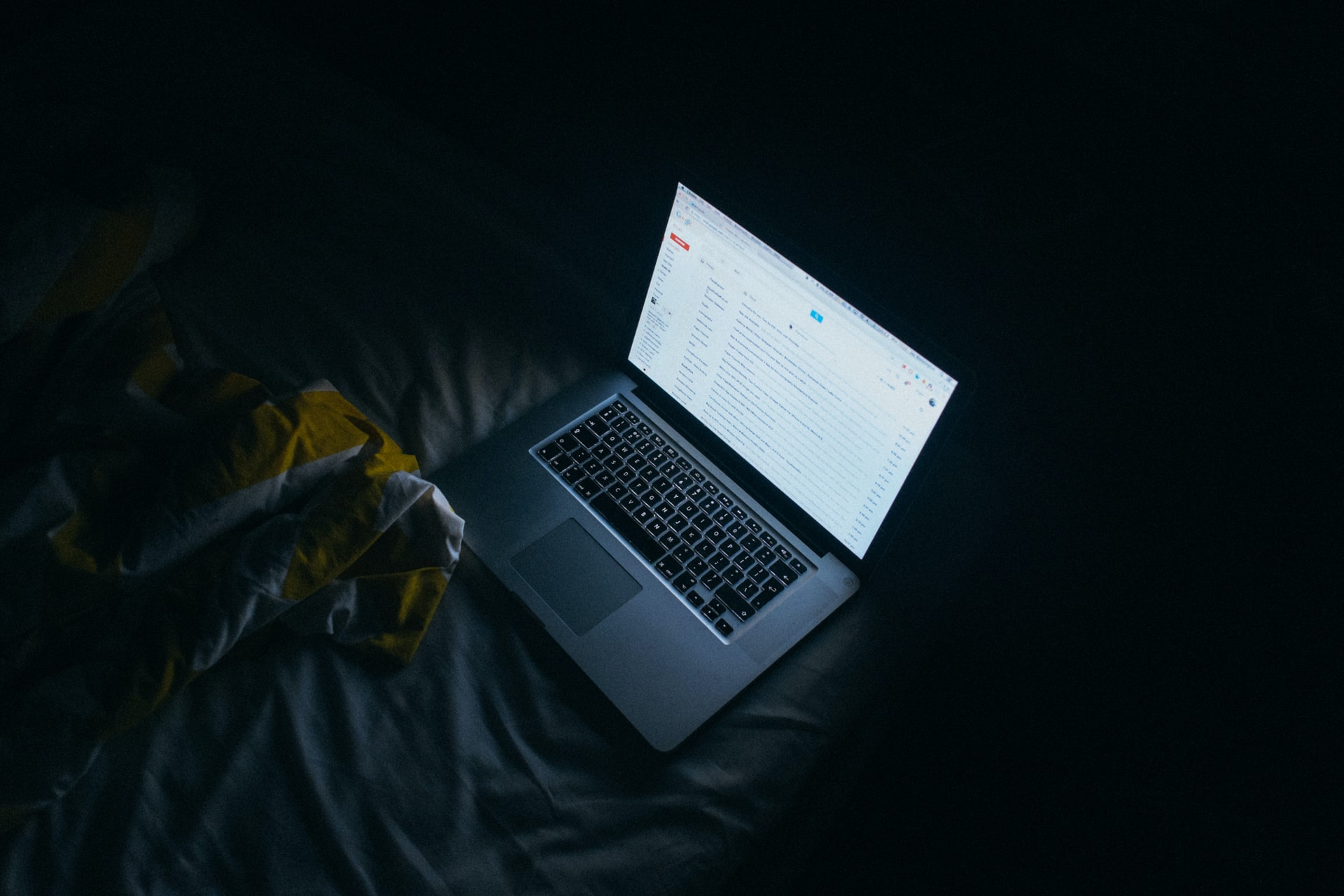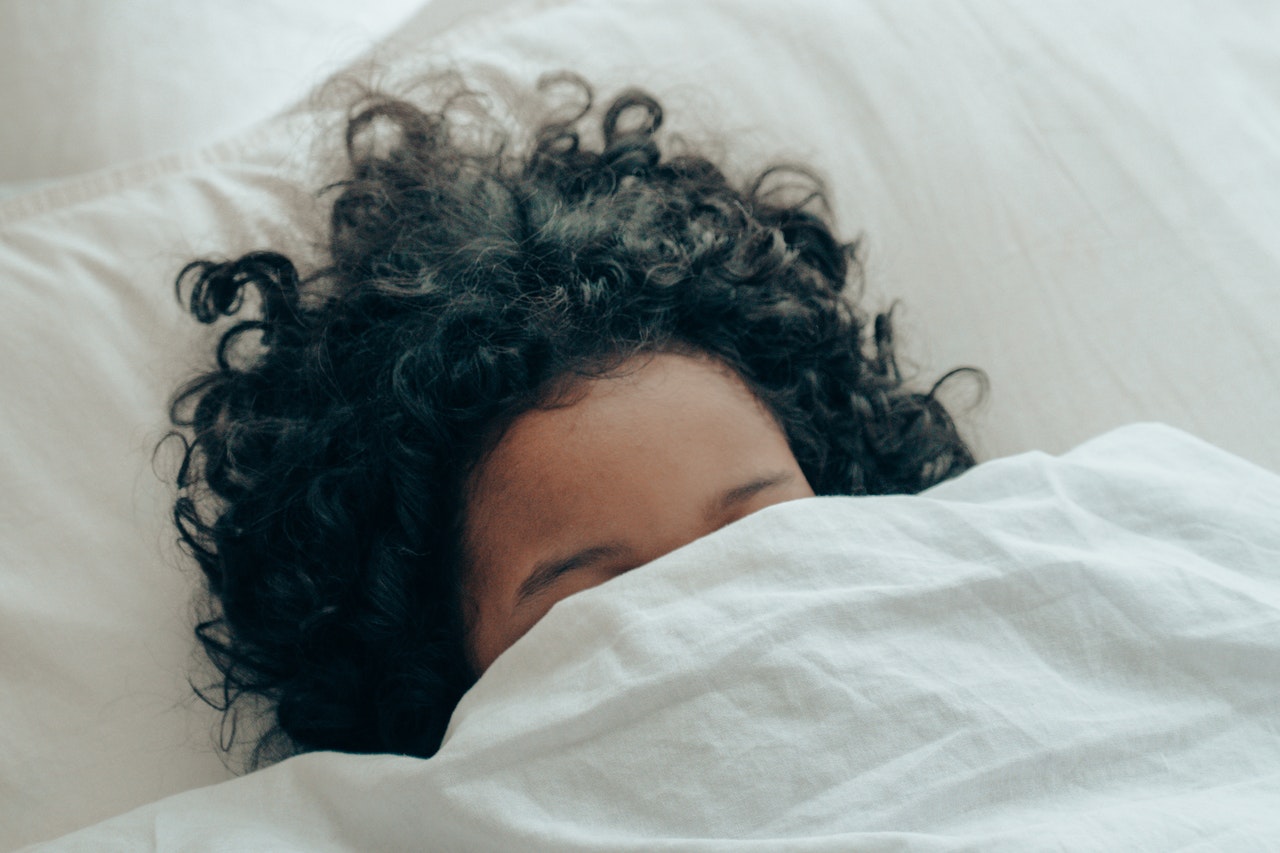I usually study late and go to sleep in the early hours of the morning. I know I need rest, but my phone offers limitless possibilities for entertainment. I’m sure many college students can relate. Many people stay up late after a long day of work to spend time on hobbies. This bad habit has a name in China: ‘bàofùxìng áoyè,’ or ‘revenge bedtime procrastination.’ So, how did this term originate, and how can we avoid this type of procrastination?
Origins of the Term
According to an article by the BBC, the term ‘revenge bedtime procrastination’ gained popularity when writer Daphne K. Lee posted about it on Twitter last November. Lee defines the term as “a phenomenon in which people who don’t have much control over their daytime life refuse to sleep early to regain some sense of freedom during late night hours.”

The BBC notes that this phenomenon is increasingly common among Chinese workers due to Chinese work culture’s intense pressure. Although revenge bedtime procrastination originated in China, over 200K likes on Lee’s tweet indicate that it resonates with people worldwide.
Revenge bedtime procrastination is especially relevant to students because many of us are so busy. After hours of studying and work, some students may be tempted to steal their lives back and indulge in their favorite hobbies before resting. However, revenge bedtime procrastination produces serious drawbacks.
Health Risks
Revenge bedtime procrastination may lead to sleep deprivation, which saps your energy during waking hours. According to a 2018 study, sleep deprivation can produce many health problems, including those listed below.

- Obesity
- Depression
- Cardiovascular diseases
- Impaired cognitive functions
- Greater risk for car accidents
The study also notes that “the National Sleep Foundation (NSF) consensus report has stated that seven to nine hours is recommended for adults aged 18 to 64 years.” However, a 2017 article from researchers at Germany’s Bielefeld University states that “Up to 60% of all college students suffer from a poor sleep quality.” Revenge bedtime procrastination may be a serious contributor to students’ sleep deprivation. So how can we resist the urge to stay up late to procrastinate?
Fighting Revenge Bedtime Procrastination
If you suffer from revenge bedtime procrastination, there is hope. To escape this harmful habit, we must create good sleep habits and resist the urge to procrastinate. Can’t sleep? This article from the American Academy of Sleep Medicine features several tips to fall asleep easier. Here are a few:
- Keep a consistent sleep schedule.
- Turn off electronic devices at least 30 minutes before bedtime.
- Don’t eat a large meal before bedtime.
- Avoid consuming caffeine in the late afternoon or evening.
- Exercise regularly and maintain a healthy diet.

Although it’s easy to delay sleep to cram in some nightly ‘me time,’ this pattern is seriously damaging. Hobbies and relaxation are important, but our health should be a greater priority.
Have you ever committed revenge bedtime procrastination? Ask yourself: is your rest worth sacrificing for late-night entertainment?
ABOUT THE AUTHOR
Sarah Faith Dorr
Student Author - Spring 2021
Sarah Faith Dorr is an English major at Gulf Coast State College who aspires to be a professional writer. Her mission as a student is to develop her writing skills while serving others. In addition to writing for Commodore Waves, she is a student tutor at Gulf Coast’s Writing and Reading lab. Her hobbies include reading classic literature (C.S. Lewis and Shakespeare are some of her favorites) and writing the occasional short story or poem. She also loves keeping up with the latest Disney movies — Star Wars and Marvel included.






